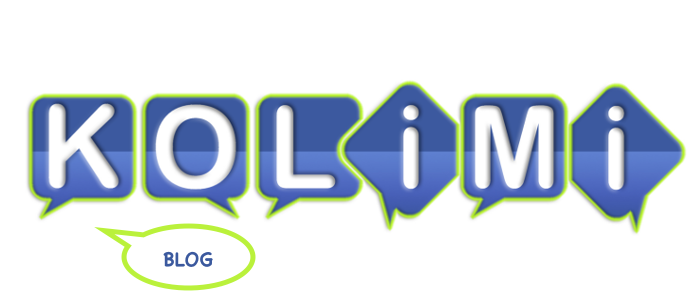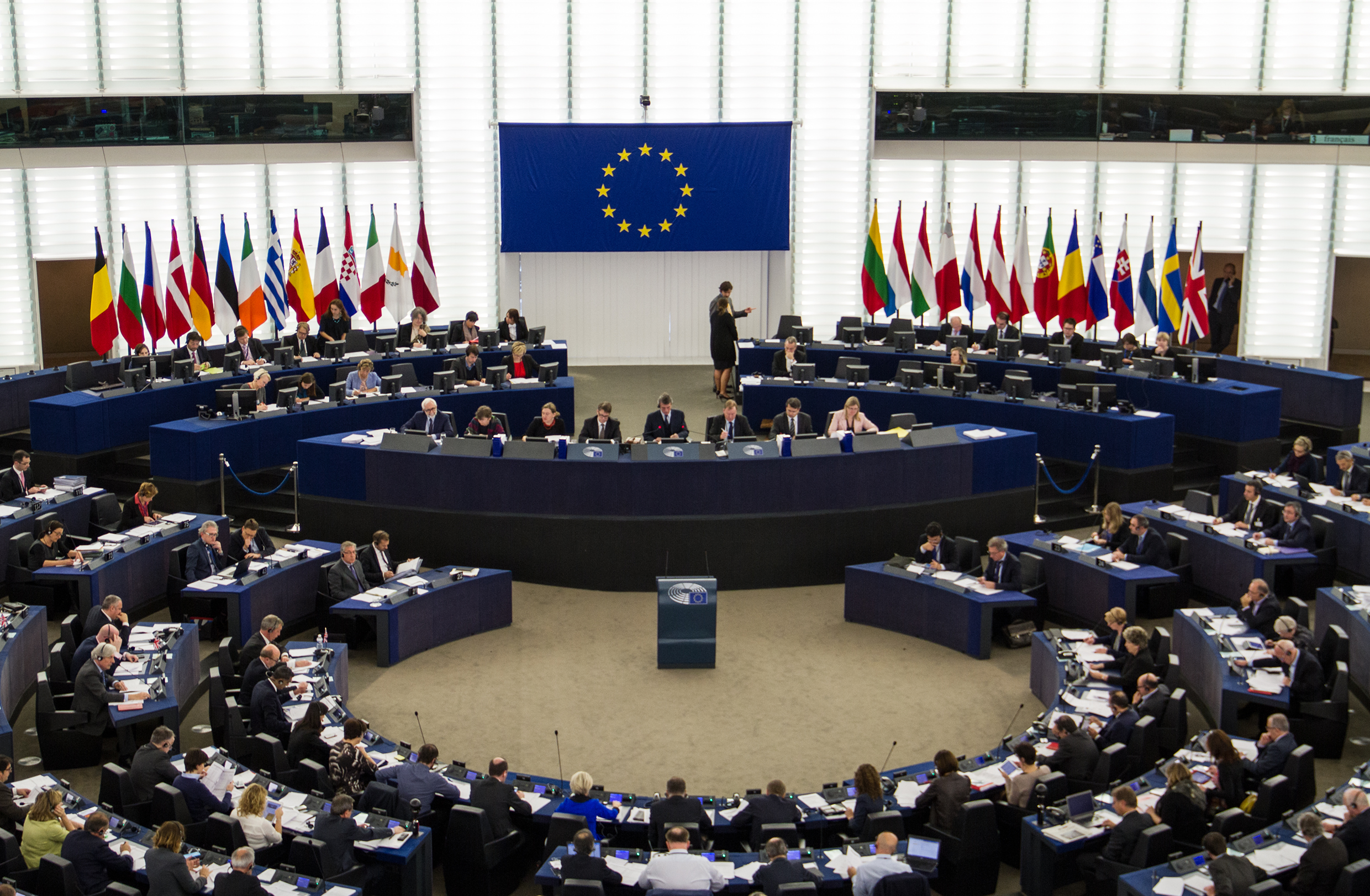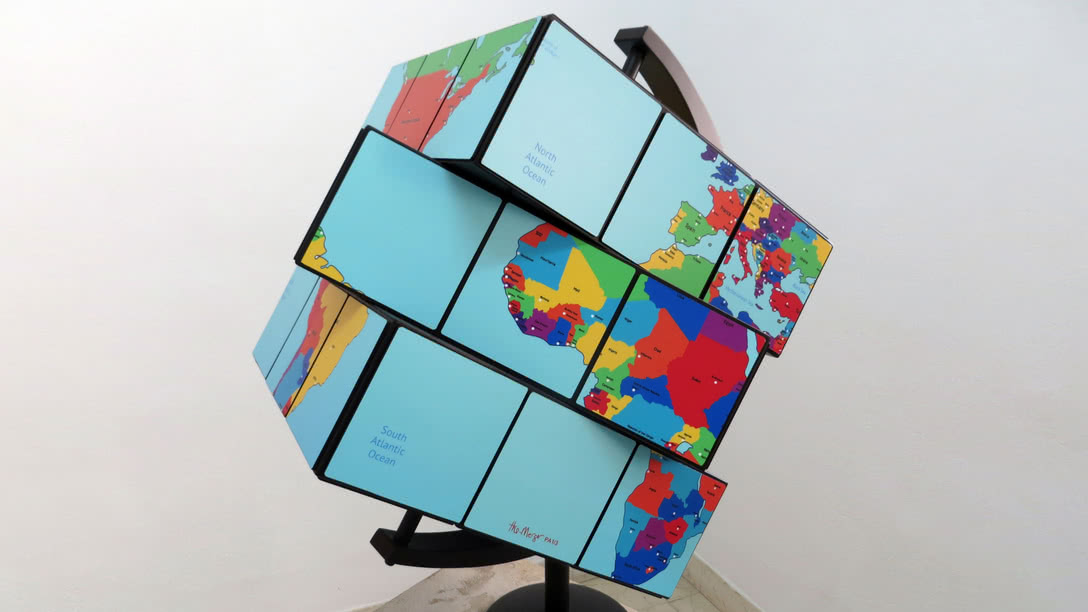The EU has 24 official languages. Is it worth to keep this policy?
The EU has 24 official languages. Is it worth to keep this policy?
Most countries have one or two national official languages. UN bodies have six. The European Union has as much as 24. What are the advantages of that?
Since its beginnings, the EU chose to include every national language of its members as official[1]. It was a bold move, that made the number of official languages rapidly increase as more and more countries joined the EU. Nowadays, the EU spends around 1% of its annual general budget – or a bit more than €1 billion – to put its multilingual policy into practice[2], including wages for interpreters, programs to encourage multilingualism, and the production of documents in all languages.
At a time when an increasing number of people speak English, it may seem an unnecessary effort to invest so much energy and resources in multilingualism. However, there are good reasons for this choice.
What does “official language” mean?
The official languages of an international organization are the languages in which all original documents are produced, and the ones that can be spoken in the organization’s bodies. In the case of the EU, representatives of member states at the European Parliament can talk in any of the 24 languages – a throng of interpreters simultaneously translating to all other 23. Similarly, the EU’s website is published in all 24 languages, and EU citizens can interact with institutions and obtain official documents directly in their national language[3].
“Creating cultural and economic ties”
Even if it may complicate things a bit, the policy’s stated purpose is to allow transparency. In fact, while the number of English speakers is increasing, according to a survey they still only make 51% of EU citizens[4]. That means that the EU’s policy for multilingualism potentially gives access to its documents and institutions to 49% of its citizens, or around 251 million people – not exactly peanuts.
Equality between countries is another reason. The choice of an international organization’s languages is never left to chance, but it depends on power relations between states. As a state, having your own language among the official ones not only has a strong symbolic value, but also practical advantages. In fact, it means that all documents of reference are written in that language, sources in that idiom are be more likely to be consulted, and a part of the organization’s personnel is likely to come from the country in which the language is spoken. Giving all languages the official status is thus a way of putting all countries on the same level – at least, in this field.
Finally, the EU decided to actively promote multilingualism beyond its own institutions, with the purpose of creating cultural and economic ties between countries, as well as fostering the circulation of European citizens within its borders. Despite its limited powers in the field of national policies, the EU encourages the inclusion of foreign languages in national education systems, and implements exchange programs such as the well-known Erasmus+ .
______________________________
Join us or come take a look!
Kolimi is a platform connecting multilingual professionals and the people who need them, in any field of work.
Join us to find new opportunities, or follow us on Facebook, Twitter, YouTube or LinkedIn to discover new things about languages!
______________________________
References
[1] Linguistic policies of the EU [Italian]
[2] Wikipedia|Lingue dell’Unione Europea [Italian]
[3] EU Website







